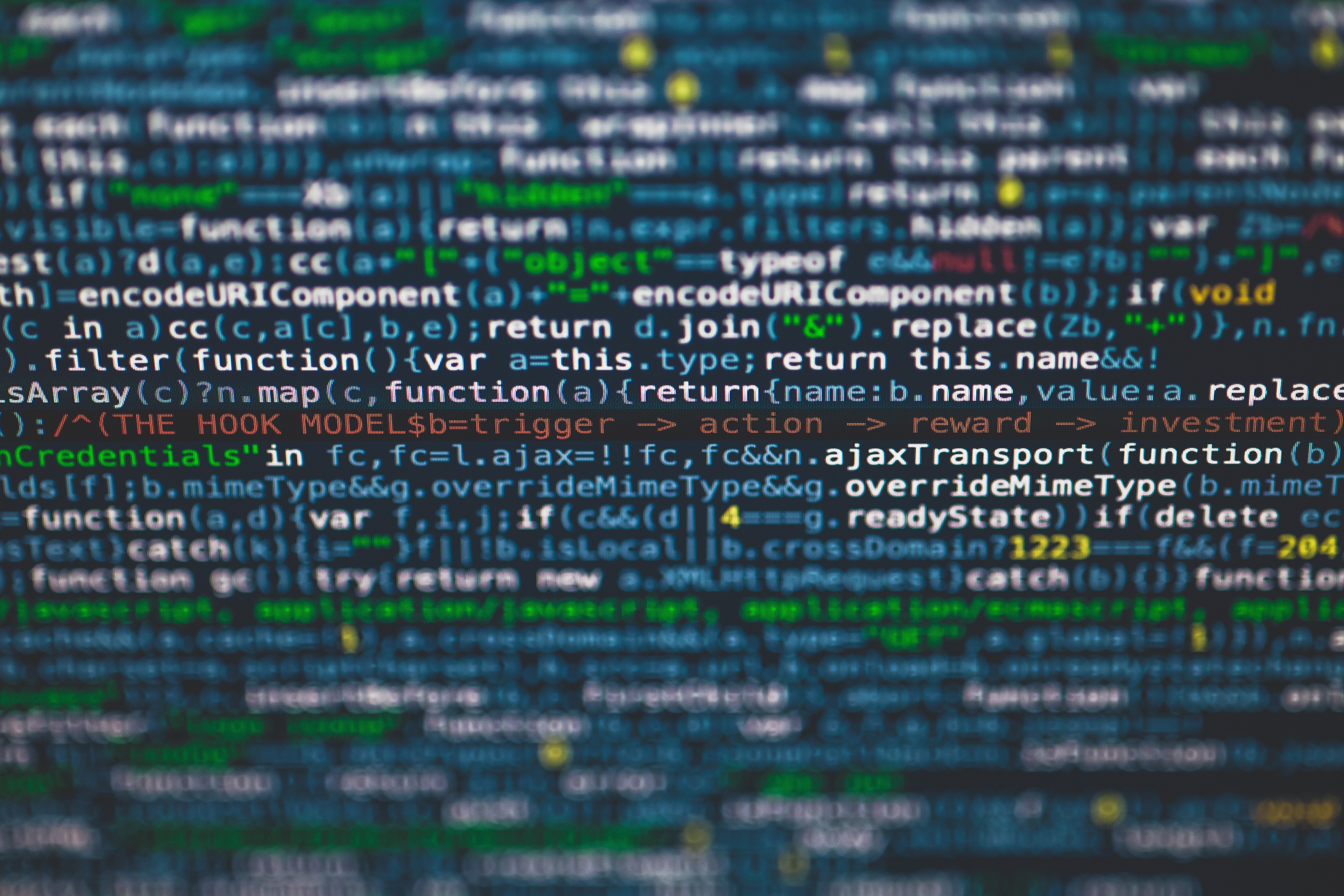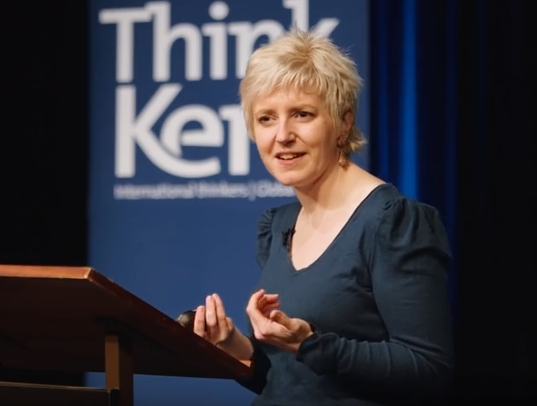As part of the University of Kent Think Kent series – a collection of YouTube videos celebrating research with international impact at the University – Anna Jordanous explores what creativity is and whether computers are capable of achieving it.
Can computers be creative? This seems like a contradiction. Computers are very good at mechanical tasks, churning through large data, processing and calculating. Computers have become an essential part of our lives, for example the smartphone which is ubiquitous in modern-day life. We constantly use computers to help us find out information online, guide us from A to B when we’re lost, document things we are doing at work, and so on. But isn’t a computer just a machine whereas creativity is a uniquely human concept that needs something more than mechanical ‘mindless’ processing?
Actually, one area of artificial intelligence research looks at exactly the question of how a computer can be creative. In computational creativity, we study how and if computers can be creative. The goal is to model, simulate or replicate creativity computationally. In this talk, Dr Anna Jordanous from the University of Kent looks at what this all means, why we would want to study computers being creative, and what we can learn from this work.
Dr Anna Jordanous is a lecturer in the School of Computing, at the Medway campus of the University of Kent. She is a member of the Computational Intelligence and Future Computing research groups. Her research areas include computational creativity and its evaluation, musical creativity, music informatics, digital humanities, knowledge modelling, Semantic Web, and natural language processing. Anna is also an amateur musician and performs regularly in jazz and other styles, using this experience to inform her research. Prior to coming to Kent, Anna worked in the Digital Humanities department and the Centre of e-Research at Kings’ College London. Her PhD at the School of Informatics, University of Sussex examined the question of how to evaluate the creativity of computational software.

